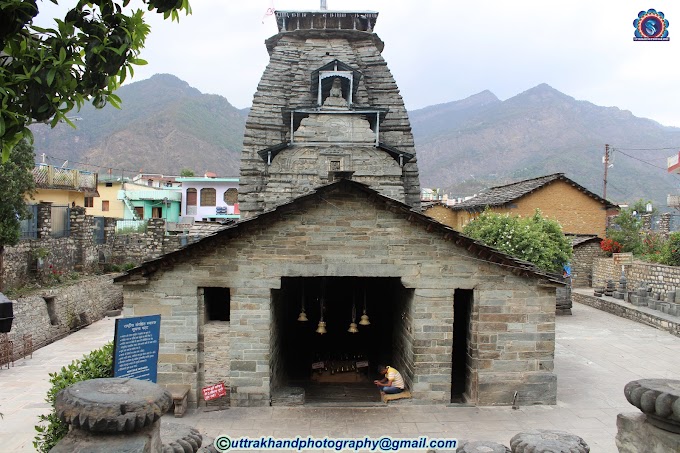
What is Article 103 of Indian constitution ?
Article 103 of the Indian Constitution deals with who decides if a Member of Parliament (MP) is disqualified under Article 102 or Article 101(3).
📜 Text of Article 103 (Simplified)
🔹 Clause (1): Decision by the President
If any question arises as to whether an MP is disqualified, the matter shall be decided by the President of India.
-
However, before making a decision, the President must consult the Election Commission of India.
🔹 Clause (2): Final Decision
The decision of the President is final and binding.
✅ Key Points of Article 103
| Provision | Explanation |
|---|---|
| Who decides disqualification? | ✅ The President of India |
| On what grounds? | Disqualifications under Article 102 or Article 101(3) |
| Before decision | The Election Commission must be consulted |
| Finality | The President's decision is final, but can be challenged in court |
🧾 Example
If an MP is:
-
Accused of holding an office of profit, or
-
Found to be insane or bankrupt, or
-
Alleged to have violated citizenship rules —
👉 The case is referred to the President, who consults the Election Commission and then gives a final decision.
⚖️ Can the President’s decision be challenged?
Yes. Though Article 103(2) says the decision is final, it can be challenged in court under judicial review if the procedure was unfair or unconstitutional.
📌 Summary of Article 103
| Feature | Description |
|---|---|
| Applies to | MPs of Lok Sabha or Rajya Sabha |
| Decides disqualification | ✅ President of India |
| Consults | ✅ Election Commission (mandatory) |
| Final and binding | ✅ Yes — though subject to judicial review in courts |

.jpg)








.JPG)











Follow Us